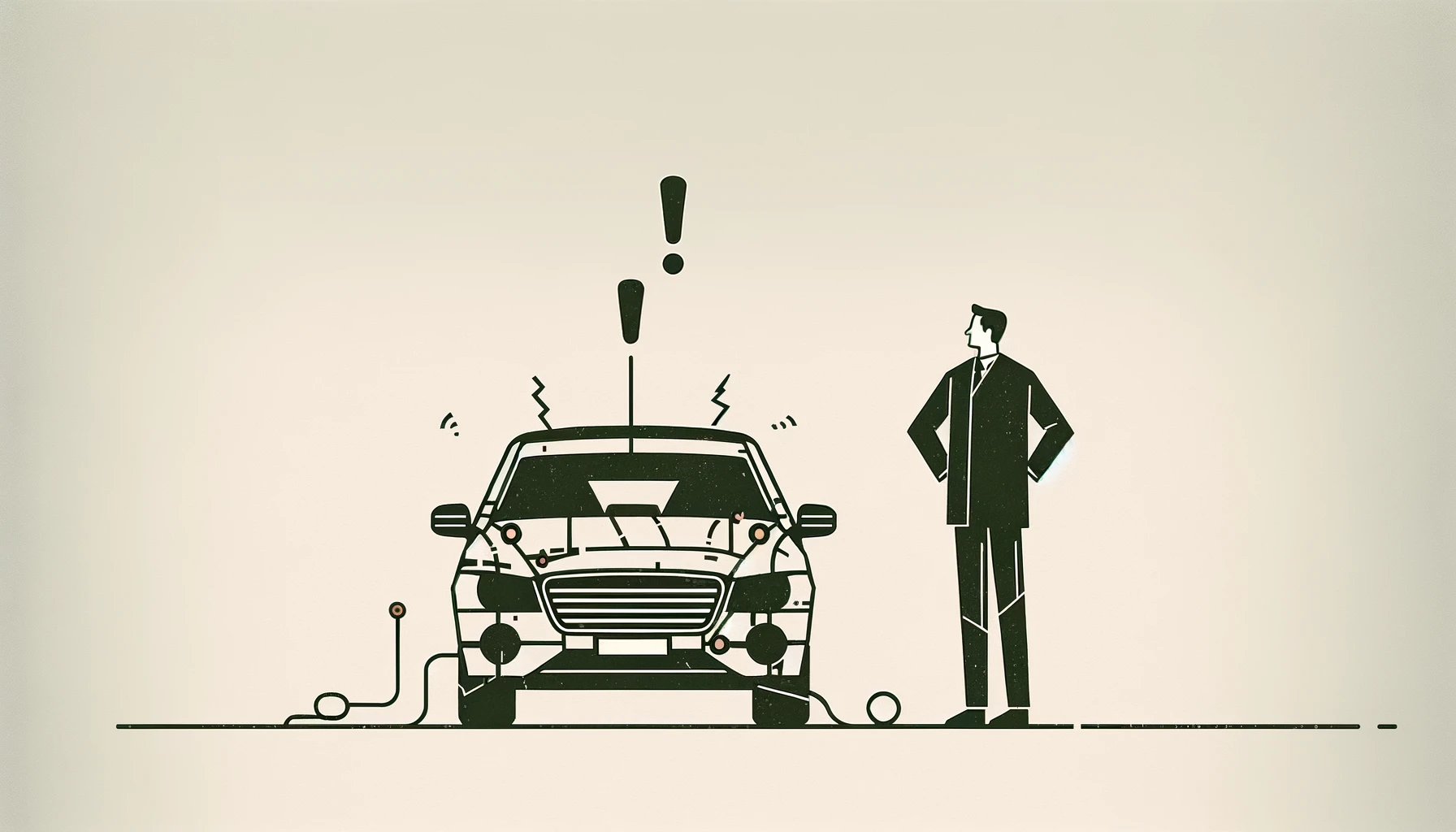Fisker is recalling its all-electric Ocean SUV due to issues with the vehicle’s warning lights, marking the first recall for the embattled model. The recall was announced following a review by the National Highway Traffic Safety Administration (NHTSA).
Warning Lights Compliance Issue
The NHTSA found that the Ocean SUV’s instrument panel does not meet Federal Motor Vehicle Safety Standards. Specifically, the brake, park, and antilock brake system warning lights are displayed in the wrong font size and color. Additionally, some warning lights fail to illuminate during the ignition cycle, posing a potential safety risk.
Fisker plans to address the issue with an over-the-air software update. Until the update is installed, the NHTSA has issued a stop-sale order to Fisker’s dealership partners. While the recall officially covers 6,864 Ocean SUVs in the United States, Fisker is also updating 4,056 vehicles in the European Union and 281 in Canada.
Background and Context
This recall comes at a critical juncture for Fisker. The company has faced numerous challenges with the Ocean SUV since its launch. Production has halted, and the company has significantly reduced its workforce in an effort to stave off bankruptcy. These steps highlight the severe financial and operational difficulties the company is grappling with.
In addition to the recall, the NHTSA has four active investigations into the Ocean SUV. These probes are examining issues related to inadvertent automatic emergency braking, sudden braking loss, vehicle rollaway, and doors that fail to open. These investigations add to the growing concerns about the reliability and safety of Fisker’s vehicles.
Implications and Perspective
From my point of view, the recall and ongoing investigations are significant setbacks for Fisker. The EV market is highly competitive, and consumer trust is paramount. Recalls and safety investigations can severely damage a company’s reputation, particularly for an automaker that is still trying to establish itself.
On the positive side, addressing the issue with an over-the-air update demonstrates Fisker’s ability to leverage technology to resolve problems efficiently. This approach can minimize the inconvenience to owners and avoid the logistics of a more traditional recall process. However, the fact that the issue pertains to basic safety compliance indicates lapses in Fisker’s quality control processes.
As I see it, Fisker must prioritize resolving these safety concerns swiftly and transparently. Clear communication with customers and stakeholders about the steps being taken to ensure vehicle safety is essential. Restoring confidence in the brand will require not just fixing the current issues but also demonstrating a commitment to rigorous quality standards going forward.
Looking Ahead
The future for Fisker hinges on its ability to navigate these challenges and rebuild trust with consumers. The recall of the Ocean SUV, coupled with the ongoing investigations, underscores the critical importance of robust safety and quality assurance practices in the automotive industry. For Fisker, this moment represents a crucial test of its resilience and capability to emerge stronger in the competitive EV market.
In conclusion, while the recall is a setback, it also presents an opportunity for Fisker to reaffirm its commitment to safety and quality. By addressing these issues decisively and effectively, Fisker can begin to rebuild its reputation and secure its place in the evolving landscape of electric vehicles.






